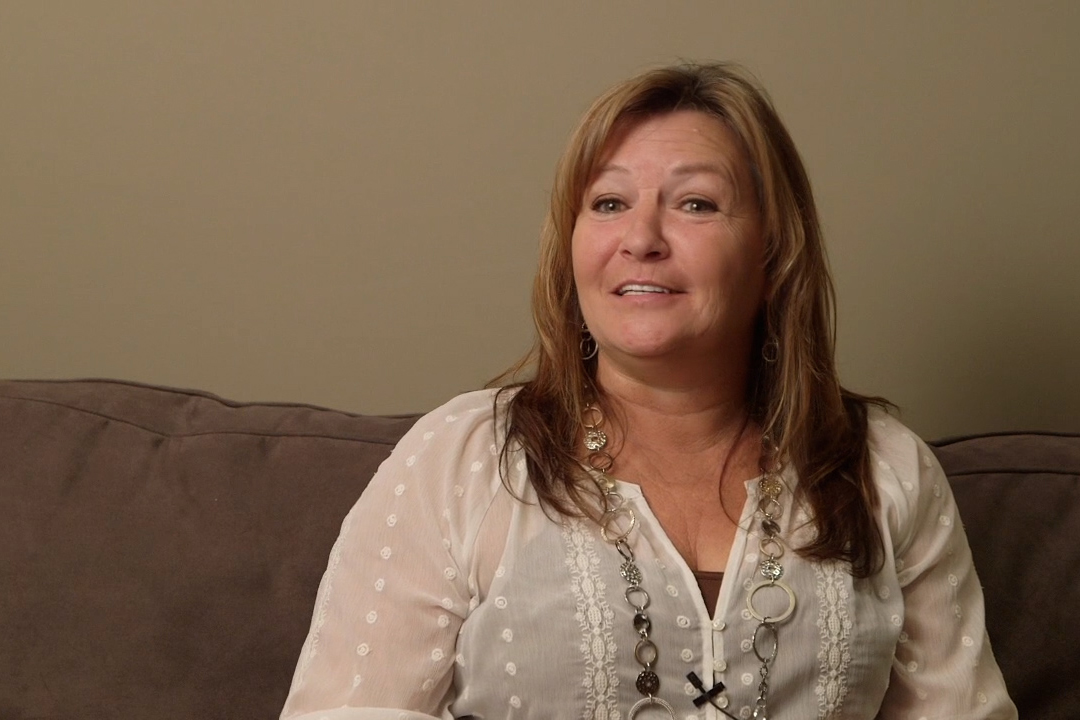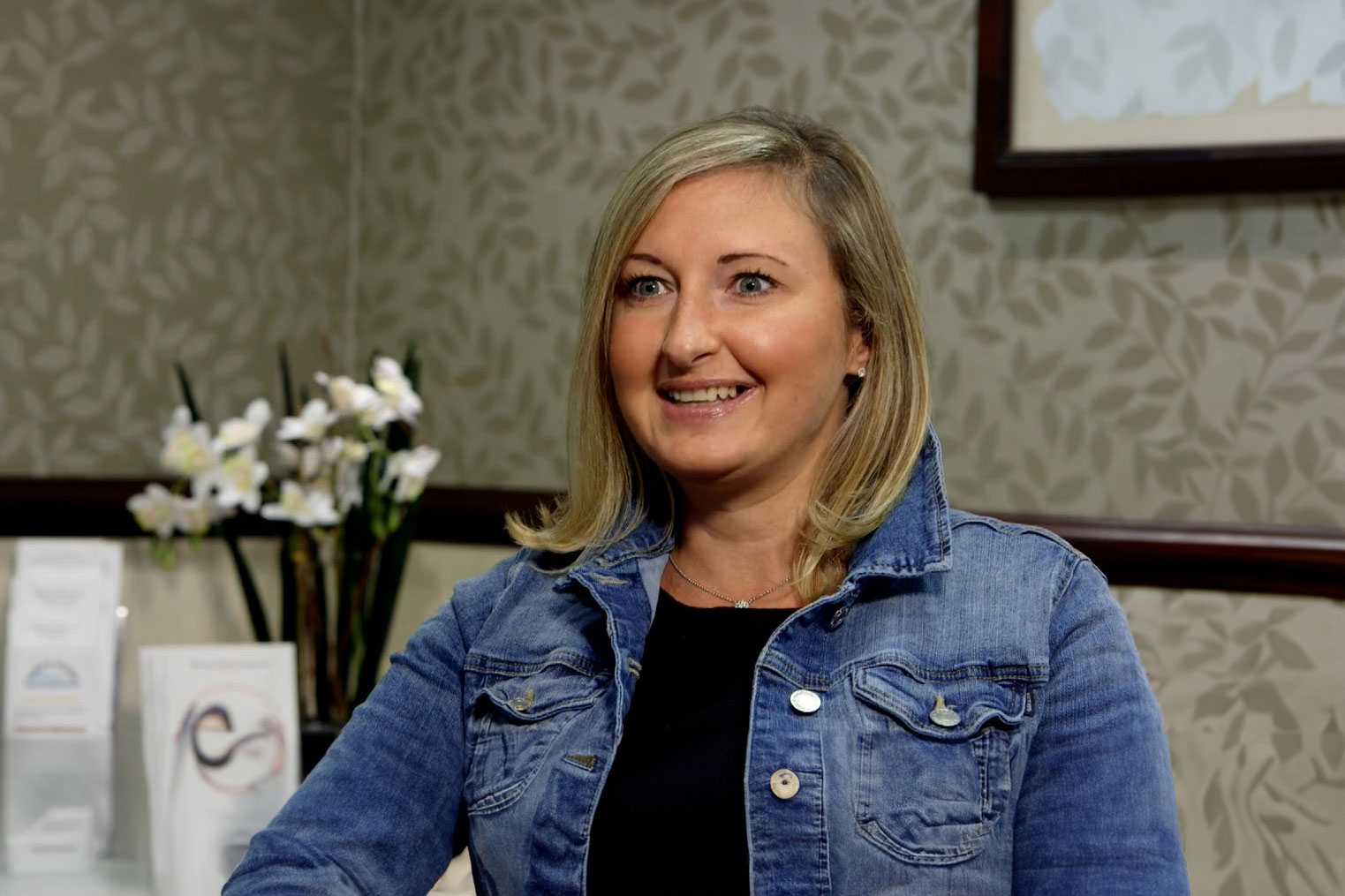Dentistry
Done Right
We earn our patients’ trust through transparency, attention to detail, and the best clinical service.
A family of specialized dental care services all under one roof.
Dental Exams and Cleanings
Receive a comprehensive dental exam at your initial visit followed by regular exams and cleanings.
Learn MoreDental Exams and Cleanings
Porcelain Veneers & Crowns
Dental Implants
Root Canal Therapy
Invisalign®
Teeth Whitening
Toothache
View All ServicesWhat our patients are saying:

Have questions?
Contact us
Fill out the form below to contact us today.




